What is Marinading?
Marinating is a culinary technique in which food, usually meat, poultry, fish, or vegetables, is soaked in a liquid mixture before cooking. Marinating aims to enhance the flavor, tenderize, and sometimes preserve the food. The liquid mixture used for marinating, known as the marinade, typically contains a combination of acidic ingredients (such as vinegar or citrus juice), oils, herbs, spices, and seasonings.
The acidic components in the marinade help break down the proteins in the meat, making it more tender. Additionally, the flavors from herbs and spices infuse into the food during the marinating process, contributing to a more flavorful end result. Marinating times can vary depending on the type of food and the recipe, ranging from a few minutes to several hours or overnight.
Common ingredients in marinades include olive oil, soy sauce, vinegar, citrus juices, garlic, ginger, herbs like rosemary and thyme, and various spices. It’s important to note that while marinating can enhance the flavor and texture of the food, it’s essential to follow food safety guidelines, especially when marinating meats, to avoid the risk of bacterial contamination.
How Is Marinating Used In Cooking?
Marinating is a versatile technique used in cooking to add flavor and enhance the texture of various foods. Here’s a general overview of how marinating is used in cooking:
Choose the Right Ingredients: Select the food you want to marinate, such as meat, poultry, fish, or vegetables. Prepare a marinade using a combination of liquids (acidic components like vinegar or citrus juice and oils), herbs, spices, and seasonings.
Prepare the Food: Clean and pat dry the food you plan to marinate. This ensures that the marinade adheres better to the surface of the food.
Marinating Process: Place the food in a shallow dish or a resealable plastic bag. Pour the marinade over the food, making sure it is evenly coated. If using a bag, remove excess air before sealing to ensure the marinade surrounds the food.
Refrigeration: Refrigerate the marinating food for the recommended amount of time. Marinating times can vary; some recipes suggest short marination periods of 30 minutes to an hour, while others may recommend overnight marination.
Flipping and Turning: If marinating a thicker piece of meat or larger items, consider flipping or turning the food halfway through the marination time to ensure even flavor absorption.
Cooking: After marinating, cook the food using your preferred method—grilling, baking, roasting, or sautéing. You can also use the marinade as a basting or glazing sauce during cooking, as long as it’s brought to a boil before serving if it comes into contact with raw meat.
Discarding Marinade: Discard the used marinade once the food is ready to cook. Do not use the marinade that has been in contact with raw meat or fish as a sauce without boiling it first to eliminate harmful bacteria.
Serve: Enjoy the flavorful and often tenderized results of the marinating process.
Marinating is a great way to experiment with different flavor profiles and customize dishes according to your preferences. It’s commonly used for barbecues, grilling, roasting, and other cooking methods that benefit from marination’s added flavors and tenderness.
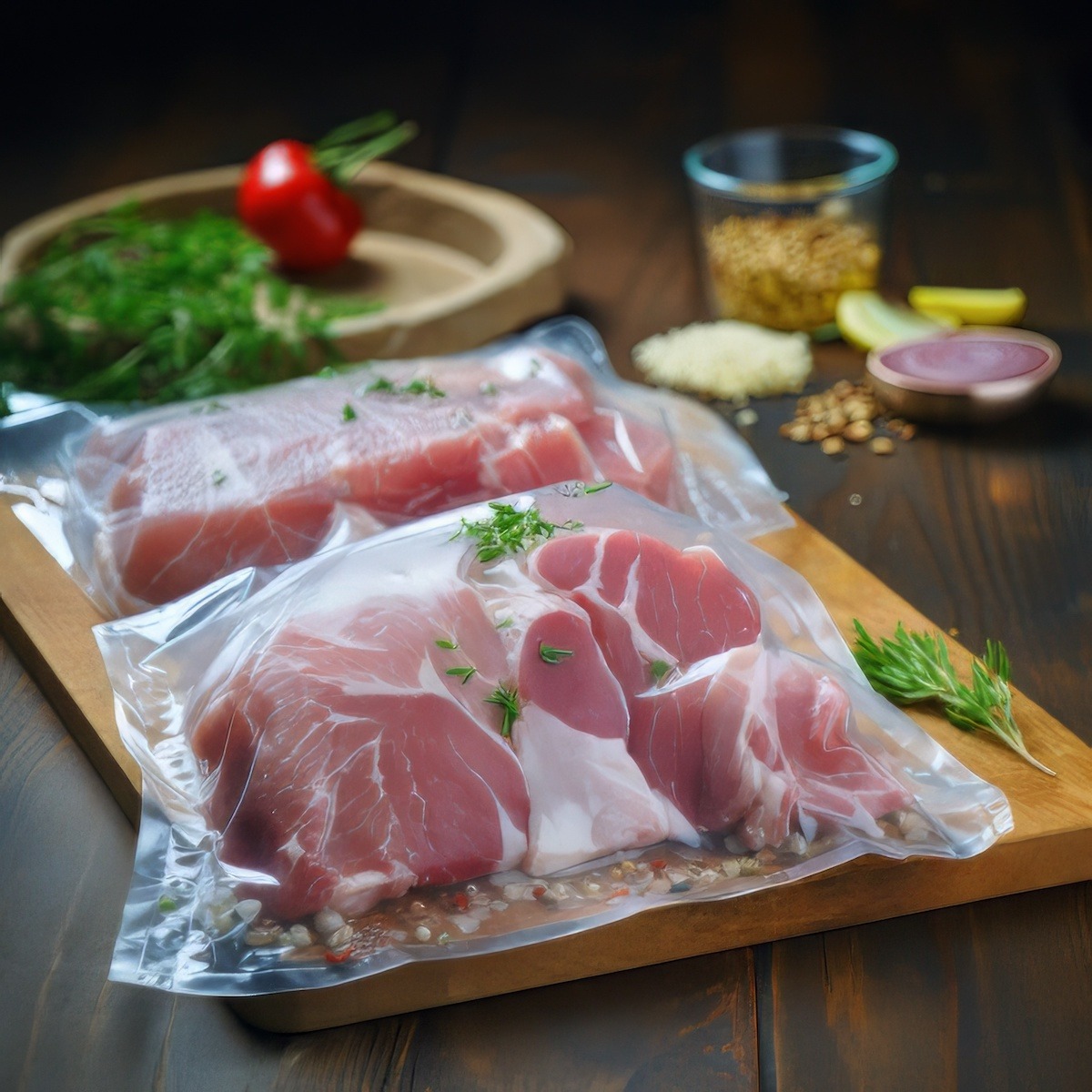
How Long Should You Marinate Foods?
The marinating time for a food item depends on various factors, including the type of food, its thickness, and the specific recipe you follow. Here are some general guidelines for marinating food:
Thin Cuts of Meat (e.g., chicken breasts, fish fillets): 30 minutes to 2 hours. Marinating for too long can result in over-marination and a mushy texture.
Thicker Cuts of Meat (e.g., steak, pork chops): 2 hours to overnight. Thicker cuts benefit from a longer marinating time, which allows the flavors to penetrate and tenderize the meat.
Tougher Cuts of Meat (e.g., flank steak, brisket): 6 hours to overnight. Extended marinating times can help break down the connective tissues and make the meat more tender.
Vegetables: 30 minutes to 2 hours. Vegetables generally don’t require as much time to marinate as meat, but longer marinating times can result in a more intense flavor.
Tofu and Other Plant-Based Proteins: 30 minutes to 4 hours. Tofu and other plant-based proteins can absorb flavors relatively quickly, so they don’t need as much time as meat.
It’s crucial to follow the specific recommendations in your recipe, as marinating times can vary based on the marinade ingredients and the desired flavor profile. Additionally, be cautious about over-marinating, especially with acidic marinades, as the final dish can lead to a mushy texture.
If you’re marinating in a sealed container or plastic bag, ensure the marinade is evenly distributed and the food is fully coated. Turning or flipping the food partway through the marinating time can also help ensure even flavor absorption.
Always refrigerate the food while marinating to prevent the growth of harmful bacteria. If you’re uncertain about the marinating time, check the recipe or consult cooking guidelines for specific types of food
Pros & Cons
Marinating food has several advantages, but there are also some considerations to consider. Here are the pros and cons of marinating:
Pros:
Flavor Enhancement: Marinating imparts rich flavors to the food by infusing herbs, spices, and other seasonings. This can result in a more complex and enjoyable taste.
Tenderizing: The marinade’s acidic components, such as vinegar or citrus juice, can help break down the proteins in meat, making it more tender and easier to chew.
Customization: Marinating allows for a high degree of customization. You can experiment with various combinations of ingredients to create unique flavor profiles.
Preparation in Advance: Marinating is a great way to prepare food in advance. You can marinate meat or vegetables ahead of time and store them in the refrigerator until you’re ready to cook.
Moisture Retention: The oils in the marinade can help retain moisture in the food during cooking, preventing it from drying out.
Versatility: Marinating is a versatile technique that can be used for various types of food, including meats, poultry, fish, and vegetables.
Cons:
Time-consuming: Some marinades require significant time for the flavors to penetrate the food fully, which can be inconvenient if you’re short on time.
Inconsistent Results: Achieving consistent results with marinating can be challenging. Factors such as marinating time, ingredient proportions, and the thickness of the food can affect the outcome.
Risk of Over-Marinating: Leaving food in a marinade for too long can lead to over-marination, resulting in a mushy texture. Different foods have different ideal marinating times.
Food Safety Concerns: Improper handling of raw meat and marinade can pose food safety risks. It’s essential to follow hygiene practices and discard used marinades that have come into contact with raw meat.
Mess and Cleanup: Marinating can sometimes be messy, especially if you’re using a liquid-heavy marinade. Cleaning up the containers, utensils, and surfaces afterward may take some effort.
Not Always Necessary: While marinating can enhance certain dishes, it’s only sometimes necessary. Some cuts of meat are flavorful and tender on their own, and marinating may not significantly improve the final result.
Marinating is a valuable technique for adding flavor and tenderness to various foods, but it requires attention to detail and consideration of factors like marinating time and food safety. The pros generally outweigh the cons, but it’s important to use marinating judiciously and adapt the technique to suit the specific dish and your preferences.
What About Over Marinating?
it is possible to over-marinate an ingredient, and doing so can have undesirable effects on the texture and flavor of the food. Over-marinating occurs when food is left in the marinade for too long, especially if the marinade contains acidic ingredients like vinegar, citrus juice, or wine. Here are some potential consequences of over-marinating:
Mushy Texture: Extended exposure to acidic ingredients in the marinade can lead to the breakdown of proteins in the meat, making it overly soft and mushy. This is particularly true for tender cuts of meat or thinner pieces that absorb flavors more quickly.
Loss of Natural Flavors: Overmarination can overpower the food’s natural flavors, masking its inherent taste. The marinade can dominate, and the original character of the ingredient may be lost.
Texture Breakdown: Besides becoming mushy, meat and vegetables can also suffer from over-marination, resulting in a loss of crispness and structural integrity.
Unpleasant Taste: Prolonged exposure to strong flavors in the marinade can lead to an unbalanced or unpleasant taste in the final dish.
To avoid over-marinating, follow the recommended marinating times provided in recipes. If a recipe doesn’t specify a time, you can use the general guidelines mentioned earlier based on the type and thickness of the food.
Fixes
If you accidentally marinate something for too long, there are a few steps you can take to salvage the dish:
Adjust the Recipe: If the marinade is too strong, consider diluting it with additional neutral ingredients like water, broth, or oil.
Balance Flavors: If the food is overly acidic, you can balance the flavors by adding a touch of sweetness, such as honey or sugar.
Shorten Cooking Time: Reduce the cooking time to prevent the over-marinated food from becoming overly mushy during the cooking process.
It’s a good practice to taste the marinade before using it to ensure it has the desired flavor intensity. Paying attention to recommended marinating times and experimenting with different ingredients will help you achieve the best results in your marinated dishes.
When Would You Marinate Fish?
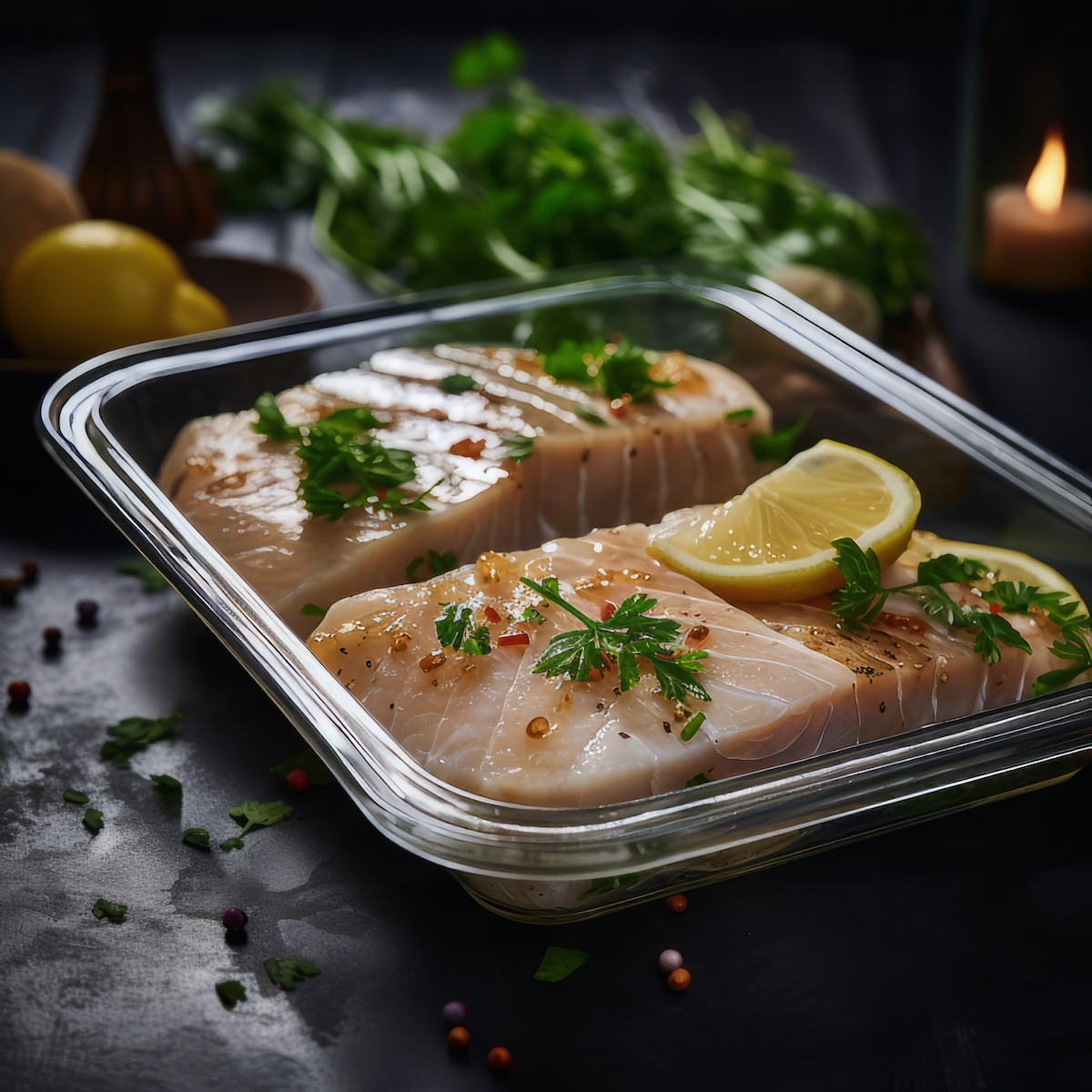
Fish can be marinated to enhance its flavor, add moisture, and complement its natural taste. Marinating fish is a common practice, and it works well with various fish types, including fillets, steaks, and whole fish. Here are some situations when you might choose to marinate fish:
Grilling: Marinating fish before grilling is a popular method. The marinade imparts flavor and helps prevent the fish from sticking to the grill. Grilling works well with firm fish varieties such as salmon, tuna, or swordfish.
Baking or Roasting: Marinating fish before baking or roasting can infuse it with additional flavors and keep it moist during cooking. This method suits a wide range of fish, including white varieties like cod, halibut, or snapper.
Broiling: Broiling fish with a flavorful marinade can result in a nicely caramelized exterior and a moist interior. This method works well with various fish types, and the high broiling heat complements the marinade flavors.
Pan-Searing: Marinating fish before pan-searing can add depth of flavor and help create a tasty crust on the outside. This technique suits delicate and firmer fish varieties, such as trout or sea bass.
Ceviche: While not a traditional marinade in the conventional sense, ceviche involves marinating fish in citrus juices (usually lime or lemon) to “cook” the fish without heat. This method is often used for raw or semi-raw preparations.
Tacos and Wraps: Marinated fish is popular for tacos, wraps, or burritos. The marinade adds a burst of flavor to the fish, making it a tasty filling for various dishes.
Preventing Dryness: If you’re concerned about the fish drying out during cooking, marinating can help maintain moisture and tenderness.
When marinating fish, it’s essential to consider the delicate nature of fish flesh. Avoid excessively long marinating times, especially if the marinade contains acidic ingredients, as they can quickly break down the fish and lead to a mushy texture.
Marinating fish for 30 minutes to 2 hours is often sufficient, depending on the recipe and the specific type of fish you’re using. Always follow the guidelines provided in your chosen recipe for the best results.

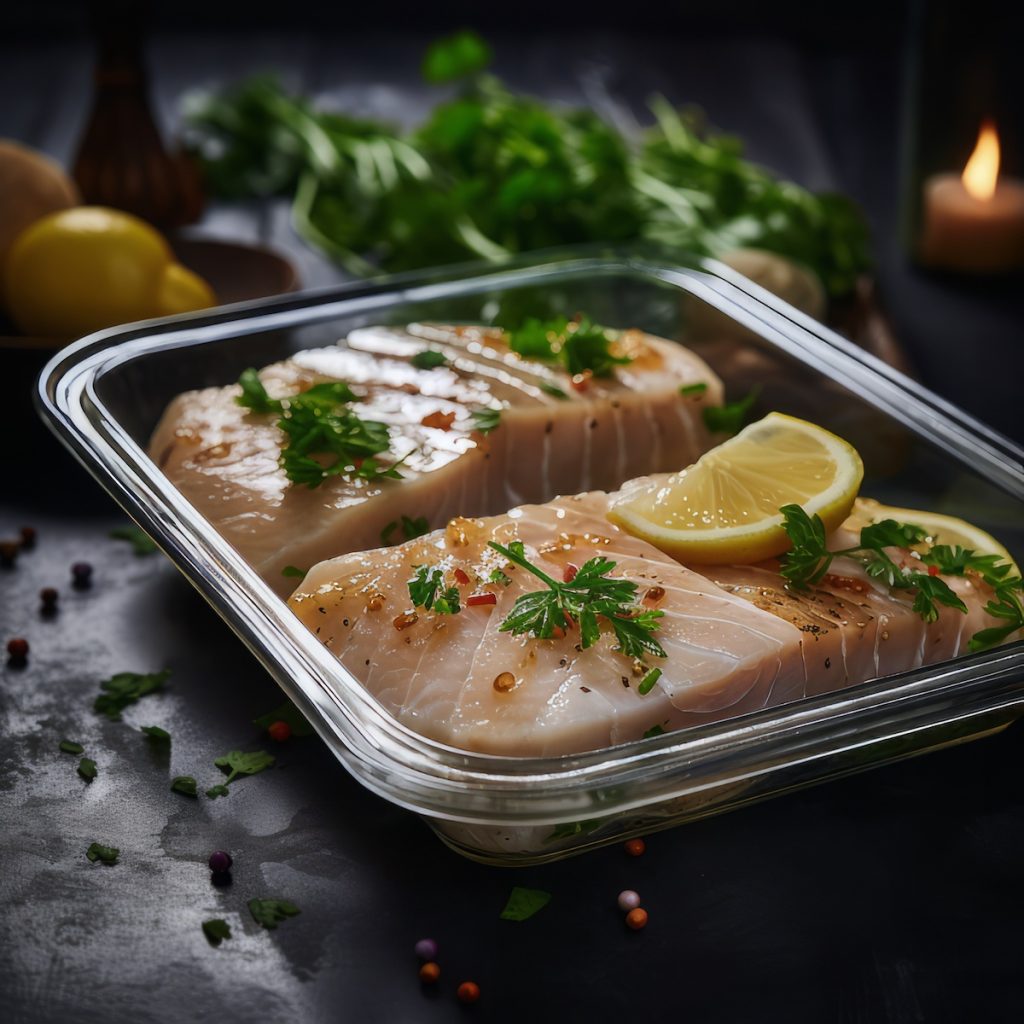
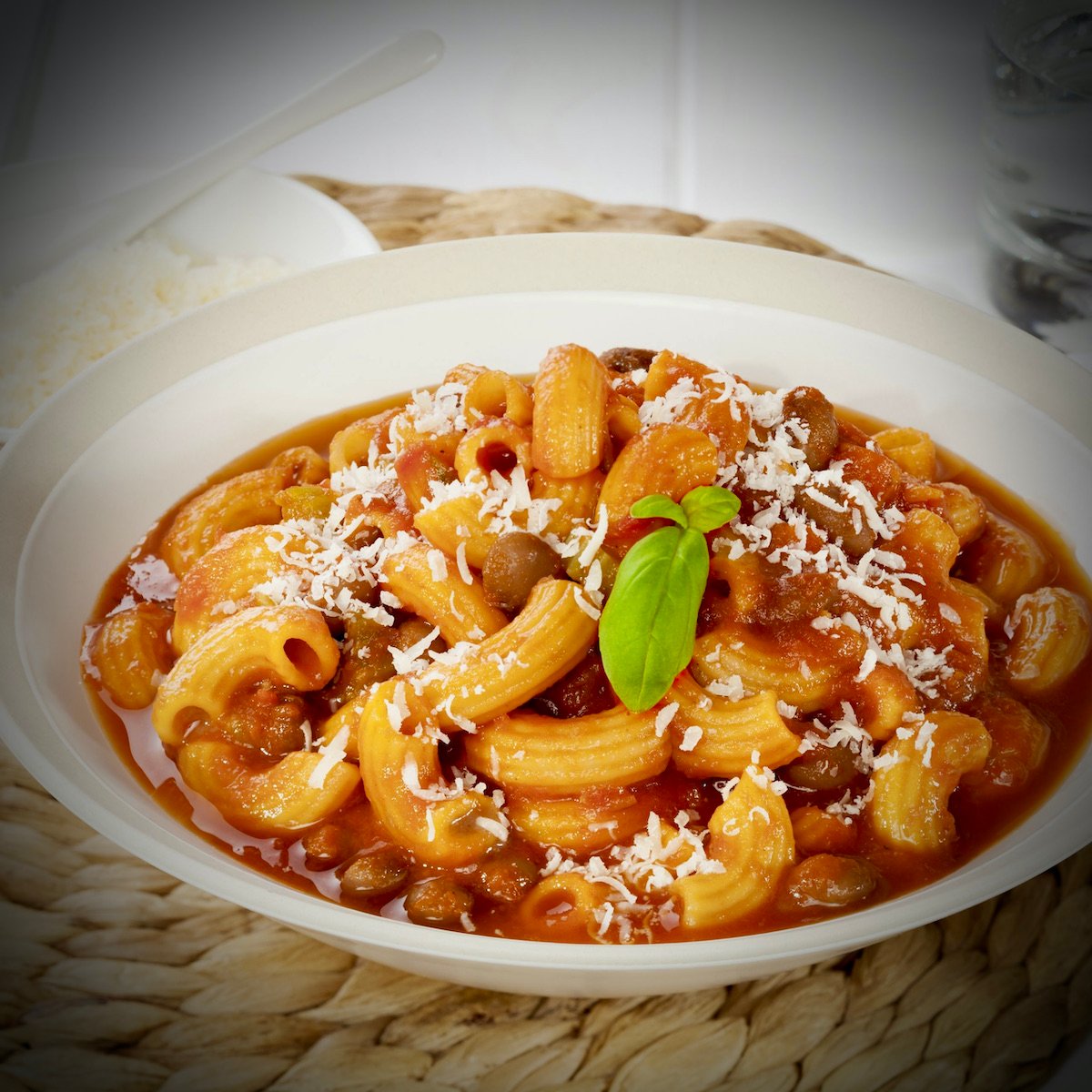



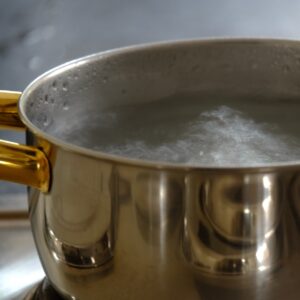

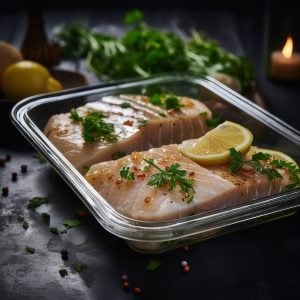

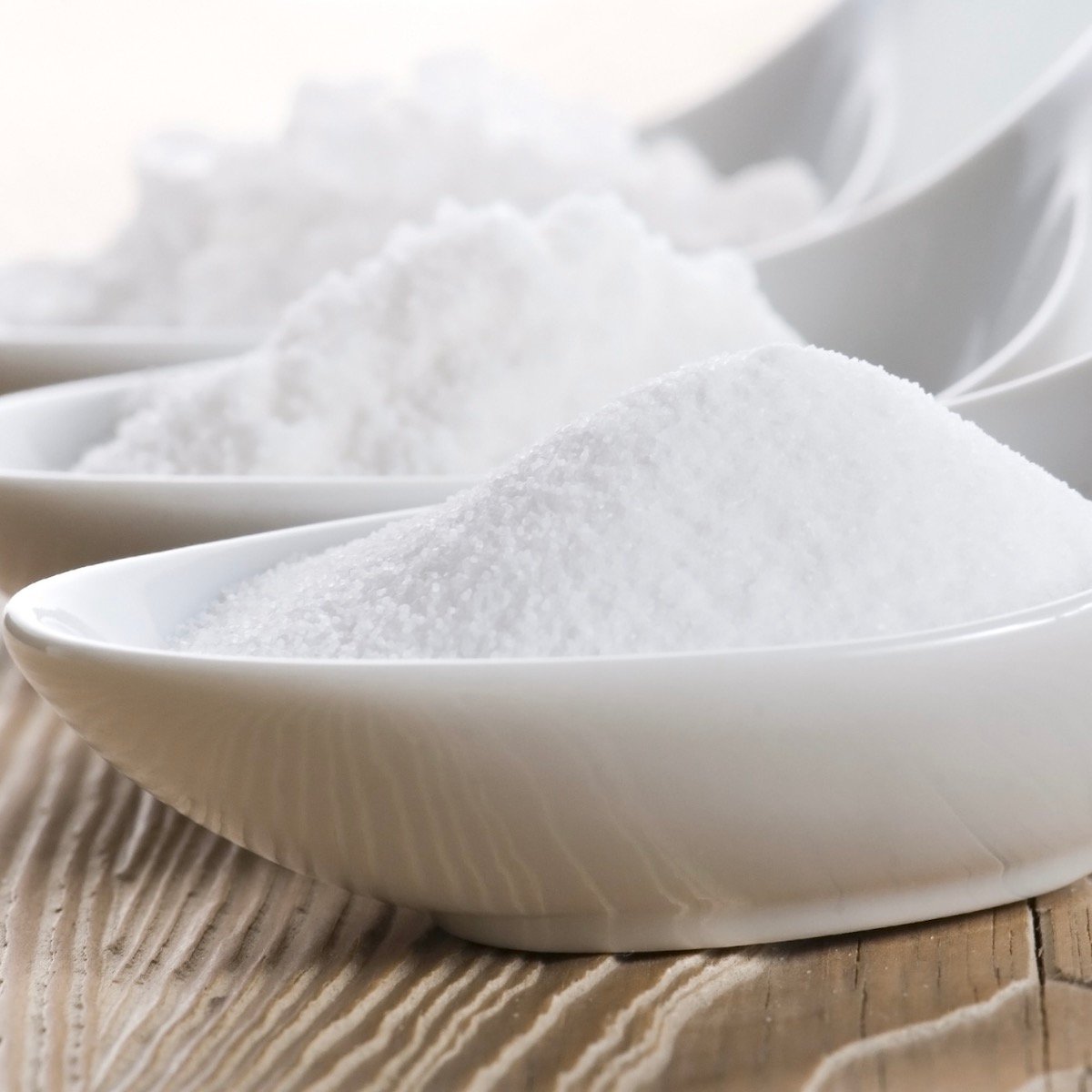





2 Responses
Very informative. What do I use in a marinade for salmon? Would orange juice be ok?
Hi Julie, I would not marinate salmon. You can use herbs and spices to add an additional layer of flavor, but I don’t see a need to spend the extra time marinating.